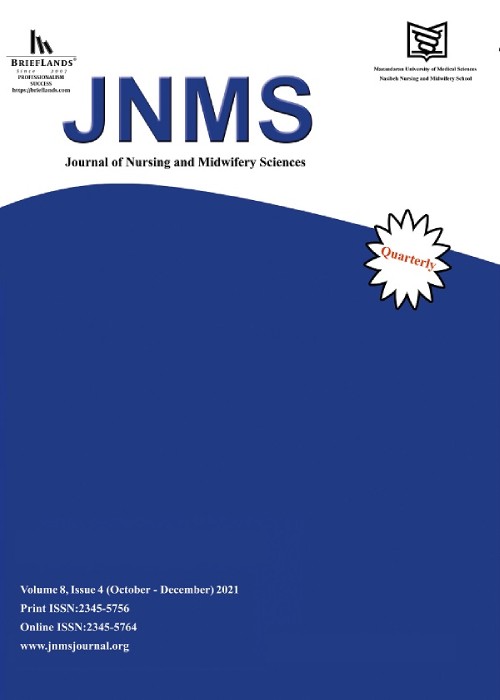The Information Needs and Seeking Behavior of Elderly Patients in Educational and Therapeutic Hospitals: Unveiling Barriers to Information Accessibility
With the aging population on the rise, it becomes increasingly important for healthcare providers and policymakers to grasp the preferences of elderly patients when it comes to seeking health information. Such understanding can pave the way for tailored interventions aimed at enhancing health literacy and encouraging healthy behaviors among older adults.
This study sought to investigate the information needs and seeking behavior of elderly patients in educational and therapeutic hospitals while also identifying the barriers that hinder these patients’ access to relevant information sources.
A cross-sectional study was conducted involving 200 older adults who were hospitalized in educational and therapeutic hospitals in Sari, located in northern Iran, within 2018 to 2020. The data collection tool consisted of a researcher-made questionnaire with four sections: demographic information, health information needs, health information-seeking behavior (HISB), and barriers to finding information. The questionnaire’s reliability was validated, and the chi-square test was employed to explore the association between demographic variables and barriers to information retrieval. Data analysis was performed using SPSS software (version 24).
The key demographic characteristics influencing HISB among older patients included age (70 - 79 years), gender (female), educational level (illiterate), and employment status (housewife). The primary health information needs of older patients encompassed staying updated with current health news, seeking information from nurses and allied healthcare staff, and encountering obstacles in accessing information due to a lack of internet literacy. The most pronounced associations between demographics and HISB among older patients were observed in educational level, employment status, and reliance on newspapers and magazines. Moreover, significant associations existed between age groups and seeking support from groups, family, relatives, and friends in addition to using brochures, books, internet resources, short message service (SMS), and radio/television.
Elderly patients often encounter challenges in accessing health information due to their limited internet skills. To assist older adults in navigating and utilizing the Internet more effectively, it is crucial to identify trustworthy online sources and bolster their confidence in using the Internet. Healthcare professionals can contribute to the well-being of older adult patients by providing access to current health news, delivering educational programs tailored to individuals with lower levels of education, and offering alternative sources of information for patients who lack internet access.
- حق عضویت دریافتی صرف حمایت از نشریات عضو و نگهداری، تکمیل و توسعه مگیران میشود.
- پرداخت حق اشتراک و دانلود مقالات اجازه بازنشر آن در سایر رسانههای چاپی و دیجیتال را به کاربر نمیدهد.


